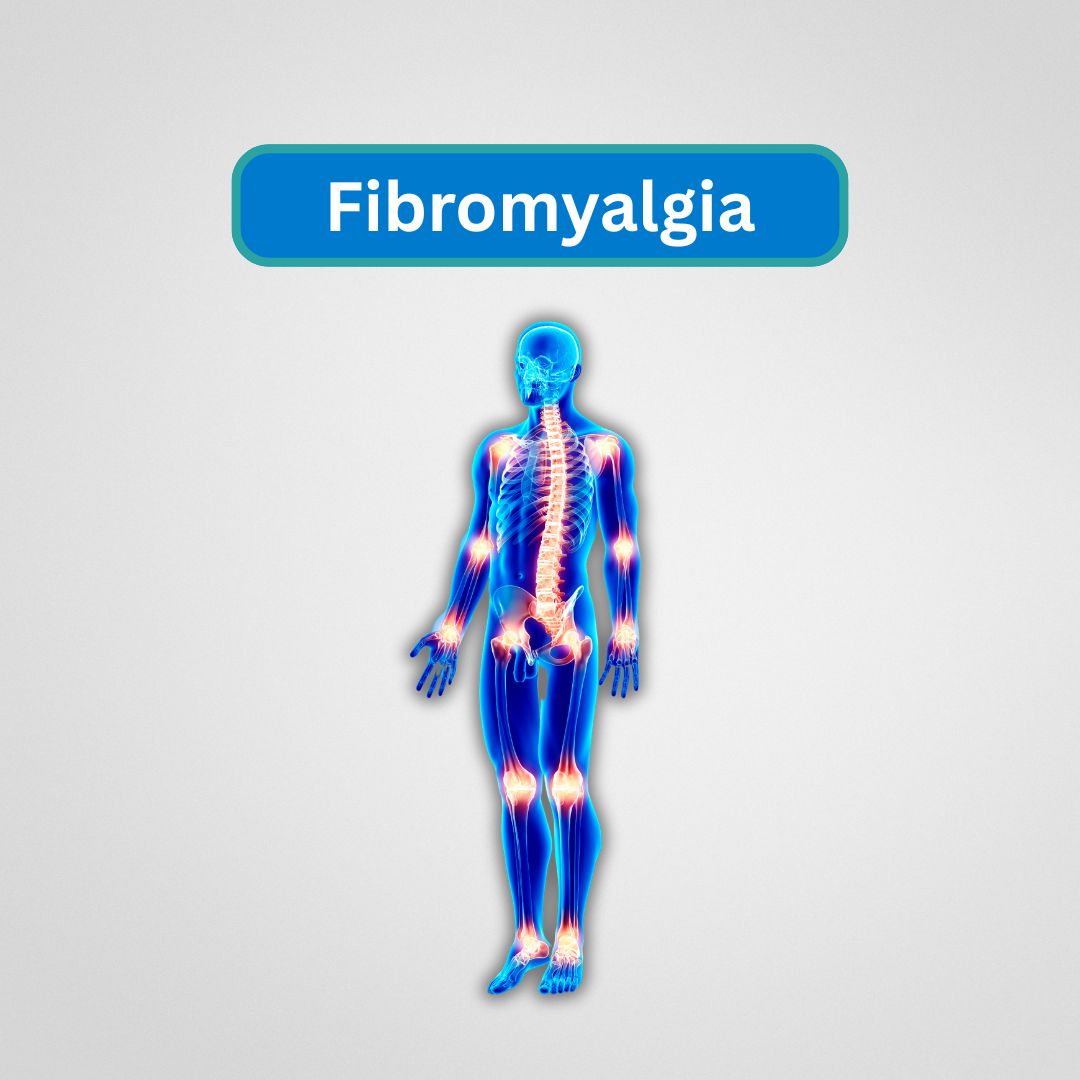
The exact cause of fibromyalgia is still not fully understood, but research suggests it may involve a combination of genetic, environmental, and biological factors. These may contribute to an abnormal pain-processing system in the body, making everyday sensations painful for those with fibromyalgia. Some common triggers include:
Having a family member with fibromyalgia may increase the likelihood of developing the condition.
Accidents, injuries, surgeries, or significant emotional stress can act as triggers.
Certain infections may exacerbate symptoms or serve as triggers.
Poor sleep can worsen symptoms and make it harder to recover from pain.
Certain factors increase the risk of developing fibromyalgia, including:

The exact cause of fibromyalgia is still not fully understood, but research suggests it may involve a combination of genetic, environmental, and biological factors. These may contribute to an abnormal pain-processing system in the body, making everyday sensations painful for those with fibromyalgia. Some common triggers include:
Having a family member with fibromyalgia may increase the likelihood of developing the condition.
Accidents, injuries, surgeries, or significant emotional stress can act as triggers.
Certain infections may exacerbate symptoms or serve as triggers.
Poor sleep can worsen symptoms and make it harder to recover from pain.
Certain factors increase the risk of developing fibromyalgia, including: